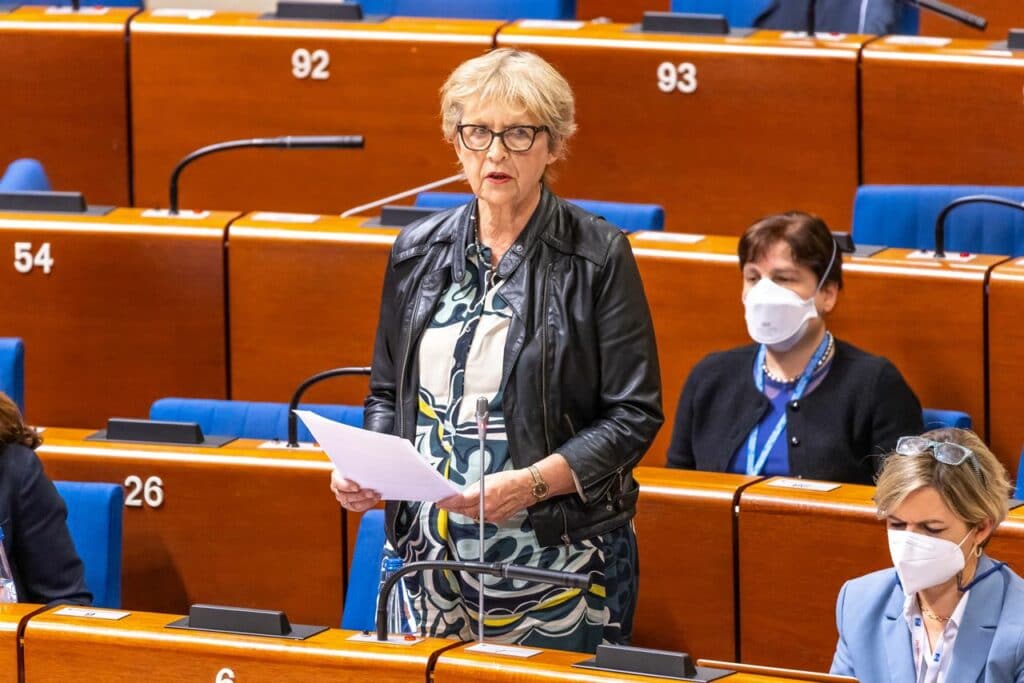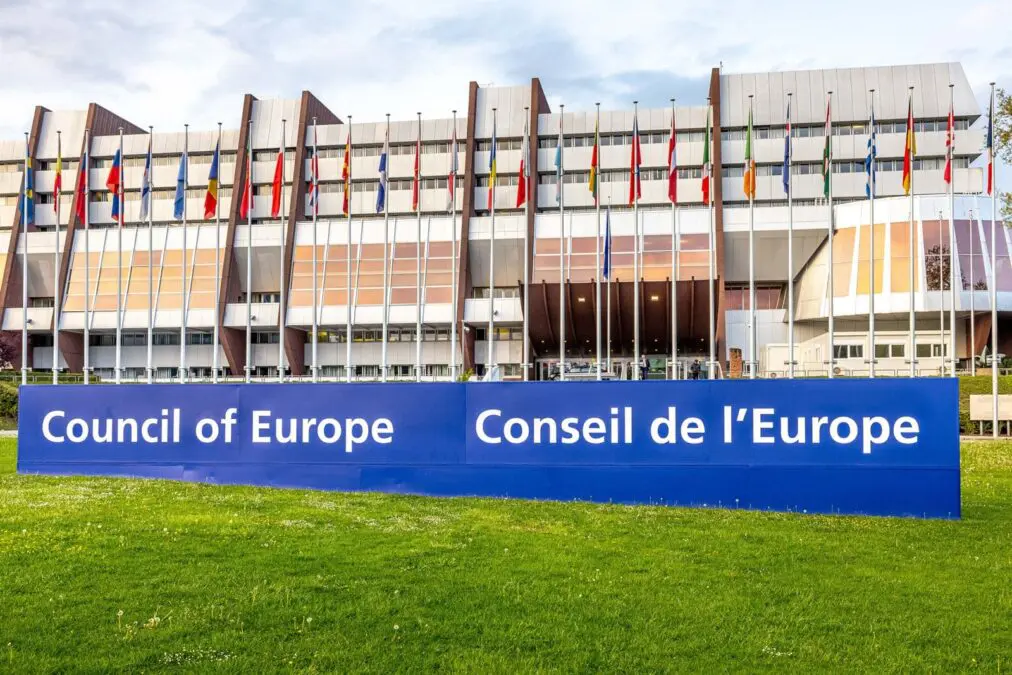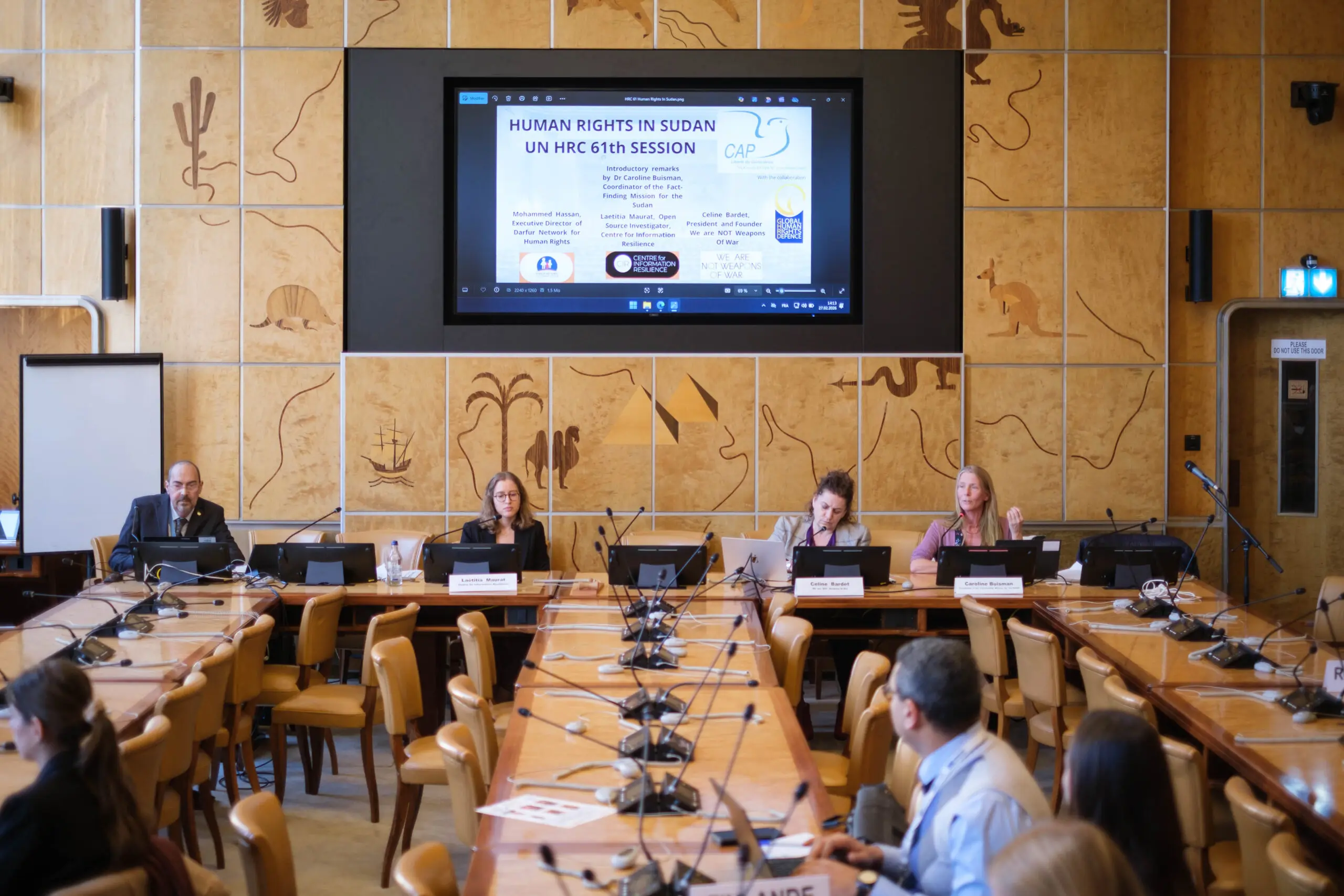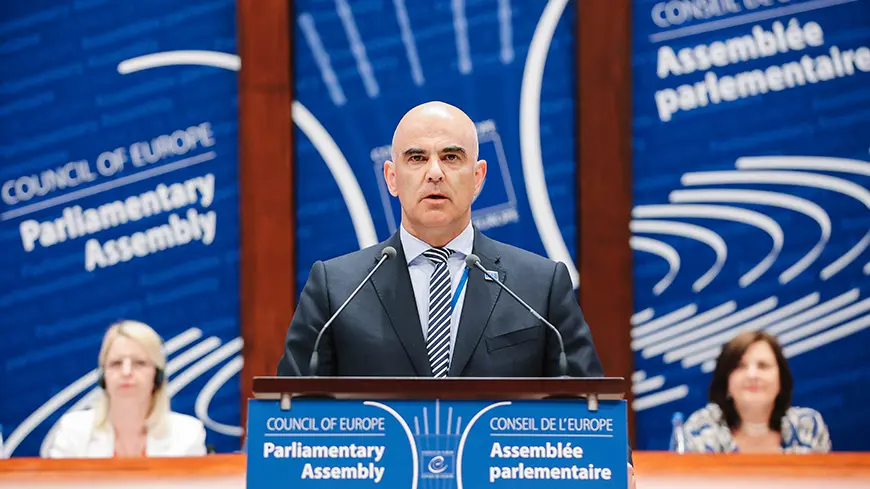The Rapporteur of the Parliamentary Assembly of the Council of Europe (PACE) review on the deinstitutionalisation of persons with disabilities acknowledged in a written comment the Council’s decision-making body, the Committee of Ministers (CM) for its reply to the Assembly’s Recommendation of April 2022. At the same time, Ms Reina de Bruijn-Wezeman also pointed out the problem that the CM continue to maintain outdated viewpoints, reinforcing a human rights divide with the United Nations and civil society at large in regards to persons with mental health problems.
The Parliamentary Assembly with its Recommendation 2227 (2022), Deinstitutionalisation of persons with disabilities had reiterated the urgent need for the Council of Europe, “to fully integrate the paradigm shift initiated by the United Nations Convention on the Rights of Persons with Disabilities (CRPD) into its work.” And secondly recommended the Committee of Ministers to “prioritise support to member States to immediately start transitioning to the abolition of coercive practices in mental health settings.”
The Assembly as a final point had recommended that in line with the unanimously adopted Assembly Recommendation 2158 (2019), Ending coercion in mental health: the need for a human rights-based approach that the Council of Europe and its member states “refrain from endorsing or adopting draft legal texts which would make successful and meaningful deinstitutionalisation, as well as the abolition of coercive practices in mental health settings more difficult, and which go against the spirit and the letter of the CRPD.”
Controversial possible new legal instrument
With this final point the Assembly pointed to the controversial drafted possible new legal instrument regulating the protection of persons during the use of coercive measures in psychiatry. This is a text which the Council of Europe’s Committee on Bioethics has drafted in extension of the Council of Europe Convention on Human Rights and Biomedicine. The convention’s article 7, which is the main relevant text in question as well as its reference text, the European Convention on Human Rights article 5 (1)(e), contain viewpoints based on outdated discriminatory policies from the first part of the 1900s.
The Rapporteur, Ms Reina de Bruijn-Wezeman, in the written comment of the Assembly’s Committee on Social Affairs, Health and Sustainable Development stated she was content that the Committee of Ministers “agrees with the Assembly on the importance of supporting member States in their development of human rights-compliant strategies for deinstitutionalisation of persons with disabilities.”
And at the same time she could not but reiterate a paragraph of the Assembly’s Recommendation to the Committee of Ministers: “[…] refrain from endorsing or adopting draft legal texts which would make successful and meaningful deinstitutionalisation, as well as the abolition of coercive practices in mental health settings more difficult, and which go against the spirit and the letter of the CRPD – such as the draft additional protocol […].”
“Unfortunately, the CM does not seem to agree that this should apply to persons with mental health problems confined to institutions, since it considers “persons with disabilities” to be a group “distinct from [,] persons with mental health problems,” Ms Reina de Bruijn-Wezeman noted.
She stressed that, “Herein lies the crux of the matter. The Assembly has, since 2016, adopted three recommendations to the CM, underlining the urgent need for the Council of Europe, as the leading regional human rights organisation, to fully integrate the paradigm shift initiated by the United Nations Convention on the Rights of Persons with Disabilities (CRPD) into its work, and to thus support ending coercion in mental health.”
Ms Reina de Bruijn-Wezeman clarified the point, “Instead, the CM, as it points out itself in this reply, “has replied to several Assembly recommendations by reaffirming the mandate it gave to the Committee on Bioethics to draft an Additional Protocol to the Convention on Human Rights and Biomedicine concerning the protection of human rights and dignity of persons with regard to involuntary placement and involuntary treatment within mental healthcare services.”
Additional Protocol is “not fit for purpose”

“I want to be very clear here,” Ms Reina de Bruijn-Wezeman added. “While I welcome the decision to draft a (soft-law) recommendation promoting the use of voluntary measures in mental healthcare services, as well as the plans of the CM to prepare a (nonbinding) declaration affirming the commitment of the Council of Europe to improving the protection and the autonomy of persons in mental healthcare services, this does not make the draft Additional Protocol – which will be a binding instrument – any more palatable.”
The drafted of this possible new legal instrument (additional Protocol) within the Council of Europe’s Committee of Ministers level has been severely criticized as despite its stated seemingly important intend of protecting victims of coercive brutalities in psychiatry potentially amounting to torture it in effect perpetuate a Eugenics ghost in Europe. The viewpoint of regulating and preventing as much as possible such harmful practices against persons with disabilities or mental health problems is in stark opposition to the requirements of modern human rights, that simply ban them.
Ms Reina de Bruijn-Wezeman finally pointed out that, “Creating a “package” of desirable and undesirable legal instruments should not and cannot distract from the fact that the draft Additional Protocol is not fit for purpose (in the words of the Council of Europe Human Rights Commissioner), and is incompatible with the CRPD (in the view of the CRPD Committee and the responsible UN Special Rapporteurs).”






